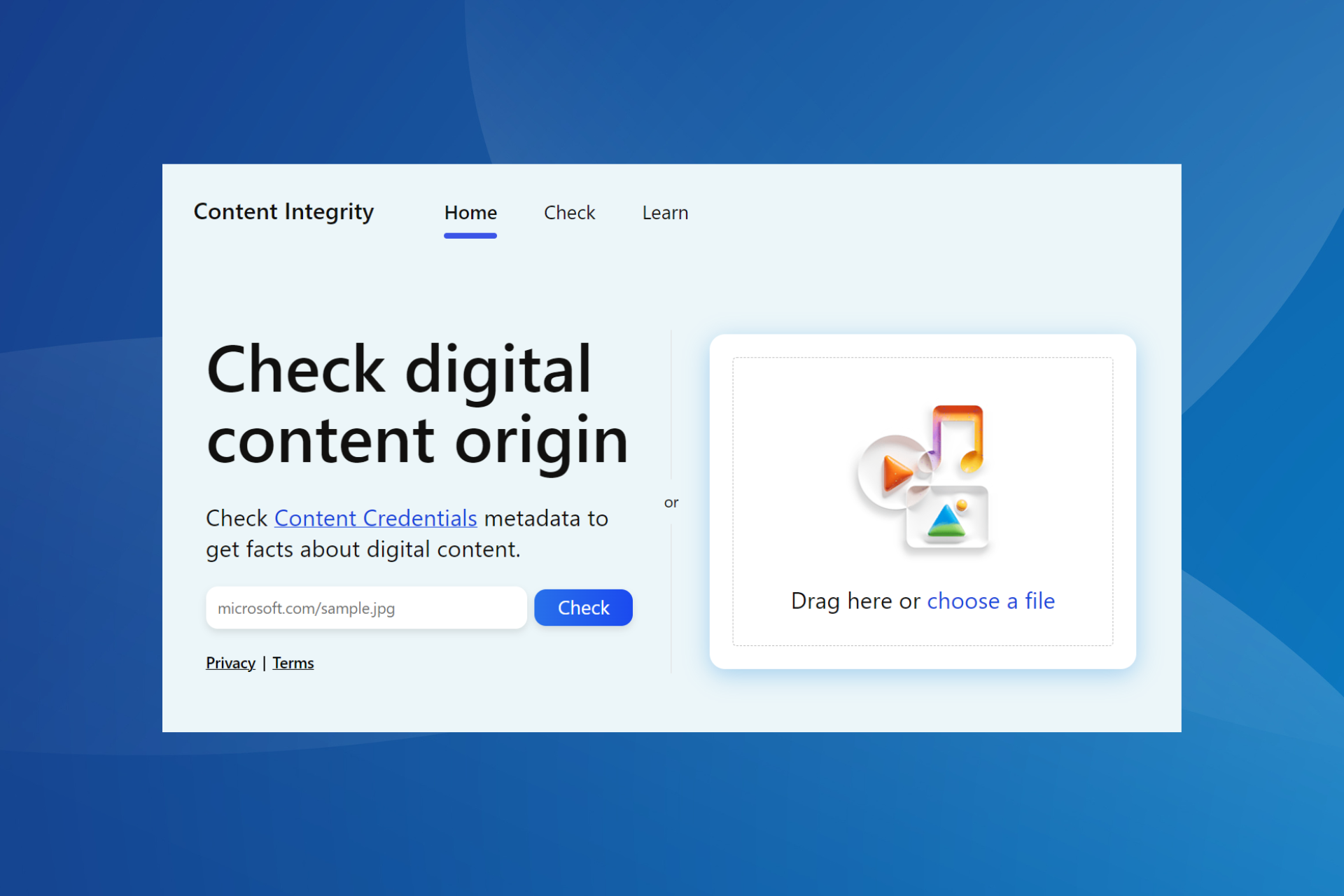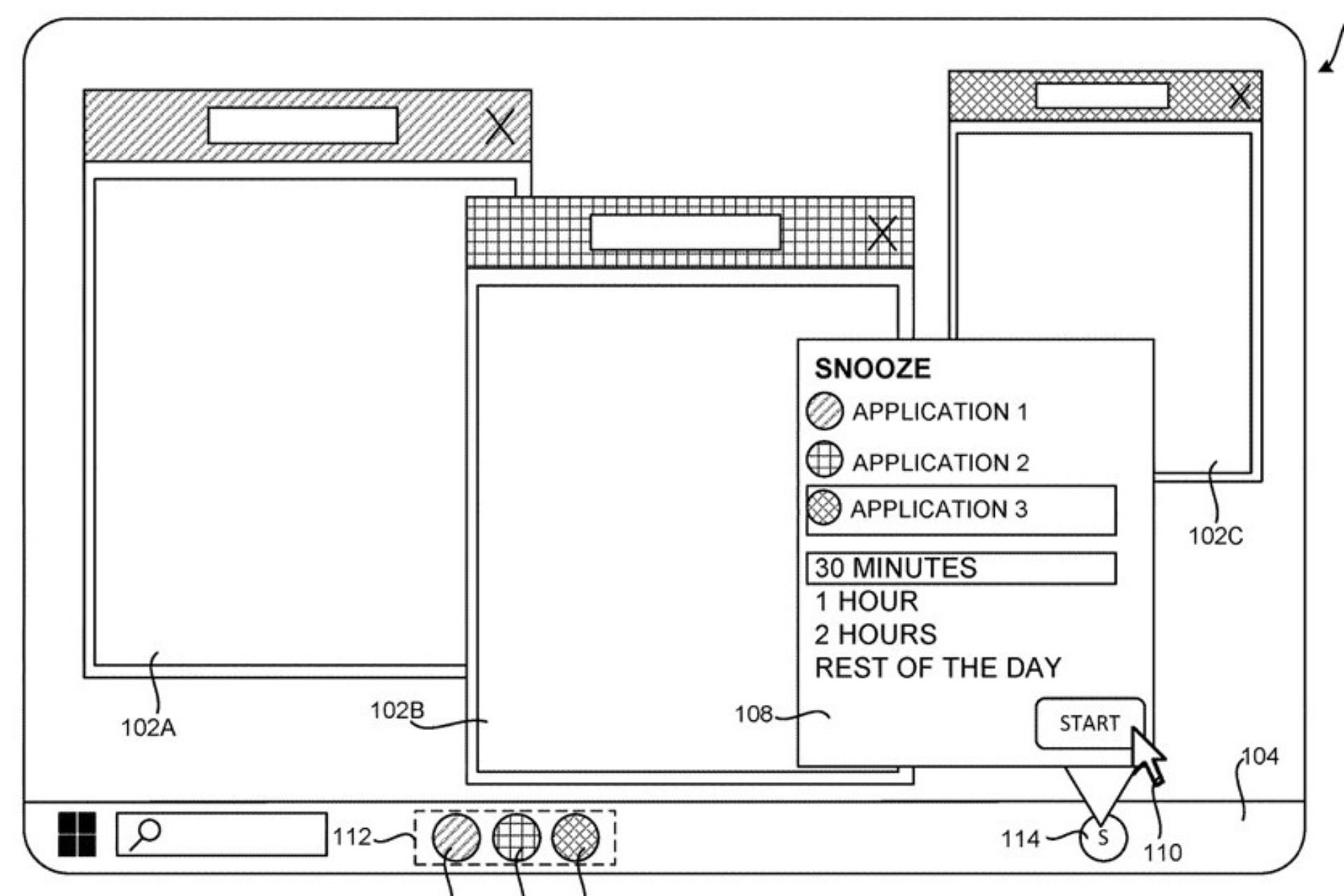Microsoft Priva: Five new privacy tools added to help businesses adhere to privacy regulations & stay transparent
Now managing personal data will become easier
3 min. read
Published on
Read our disclosure page to find out how can you help Windows Report sustain the editorial team Read more

Recently, Microsoft added more tools to Microsoft Priva, introduced in 2021, to help businesses smoothly adapt to privacy requirements related to personal data.
Here is what Jon Kessler, Vice President Information Governance, Epiq Legal Solutions, said about the Microsoft Priva:
Understanding and managing privacy is crucial for our clients. Exponential flows of sensitive data and emerging technologies such as generative AI have amplified the need for a strong privacy solution; we are confident in Microsoft’s vision to take on this challenge with Microsoft Priva. The richness of data and activities in Microsoft 365 and Priva’s ability to monitor and action on related workflows allows for a proactive approach to privacy. This capability aligns with our commitment to privacy and data protection, reinforcing our partnership with Microsoft to serve our global clients with solutions that address their privacy management needs
The list of new privacy tools includes
- Microsoft Priva Privacy Assessments
- Microsoft Priva Privacy Risk Management
- Microsoft Priva Tracker Scanning
- Microsoft Priva Consent Management
- Microsoft Priva Subject Rights Requests
Let’s check out what each of them offers:
- Privacy Assessments
This tool can be used to
- Automate the discovery, documentation, and evaluation of personal data usage across your entire data estate.
- Enables you to automate monitoring for changes in data processing activities that necessitate actions to ensure privacy compliance.
- Allows you to create a customized privacy risk framework and employ automated risk analysis, using data usage information collected from a privacy assessment.
2. Privacy Risk Management
This helps to
- Recognize personal data and critical privacy risks via automated data discovery, correlated signals, and user mapping intelligence.
- Reduce privacy risks and prevent privacy incidents with the help of automated policies and recommended user actions.
- Empower employees to make informed decisions about data handling and promote a proactive privacy culture without impeding productivity.
3. Tracker Scanning
You can use it to
- Automate scans for different forms of trackers, which will help you identify and classify all tracking technologies on your sites.
- Smoothly detect missing compliance elements across your websites with flexible scan configurations.
- Look for non-compliant areas and monitor compliance issues during the complete lifecycle of websites.
4. Consent Management
This helps to
- Develop tailored consent models with prebuilt templates for easy deployment.
- Publish consent models at scale to different areas via a centralized process.
- Design customized on-brand layouts for consent models that adapt to evolving business requirements.
5. Subject Rights Requests
This allows you to
- Efficiently deal with subject rights requests by configuring your workflows’ settings, ensuring end-to-end oversight.
- Detect and manage subject rights requests on various data sources, including multi-cloud environments like Microsoft 365, Google Cloud Platform, Microsoft Azure, and Amazon Web Services.
- Use Microsoft Power Automate to create low-code agents that automatically locate and fulfill personal data requests.
In case you want to learn more about Microsoft Priva, visit its official website. If you have any questions, feel free to mention them in the comments section below.








